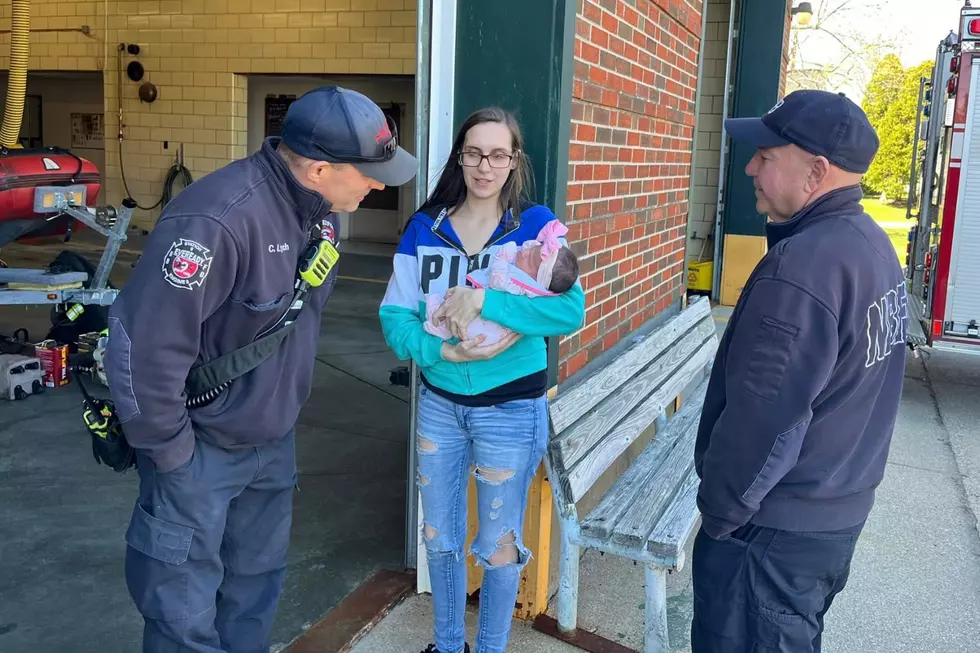
SMAST Receives Scallop Awards to Fund Drop Camera Surveys
The NOAA Fisheries Northeast Fisheries Science Center and the New England Fishery Management Council (NEFMC) are pleased to announce 15 projects have been selected for funding through the Sea Scallop Research Set-Aside (RSA) Program, including three projects proposed by the UMass Dartmouth School for Marine Science and Technology (SMAST) in New Bedford.
“The Scallop RSA Program truly has become one of the flagships of the scallop fishery,” said New England Council Chairman Dr. John Quinn. “The collaborative efforts that take place at sea between fishermen and researchers go a long way toward enhancing our understanding of what’s happening with the resource. The results of this RSA work funnel back to the Council and support stock assessments. Without a doubt, the Scallop RSA Program helps us better manage our extremely valuable scallop fishery.”
Projects will address research priorities established by the NEFMC, with particular focus on resource surveys. The awards are expected to generate more than $12 million; $3 million to fund research, and $9 million to compensate industry partners that harvest set-aside quota.
"We are excited to be able to work with the New England Fishery Management Council, industry, and scientists to fund sea scallop science through the Research Set-Aside program," said NEFSC Science and Research Director Jon Hare. "The projects funded support surveys, bycatch mitigation, and biological studies, all with the purpose of improving the information used in the management of the sea scallop resource."
The NEFMC established the sea scallop RSA program to address research questions that support management of the sea scallop resource. The Council sets the research priorities and researchers compete for funding through a federal grant competition managed by NOAA Fisheries.
No federal funds are provided to support the research. Instead, projects are awarded pounds of scallops, which have been “set-aside” from the annual fishery quota for this purpose. Successful applicants partner with the fishing industry to harvest their set-aside award to generate funds for the research. There are active research set-aside programs for Atlantic sea scallops, Atlantic herring, and monkfish.
SMAST received three awards to conduct surveys using an array of high-resolution drop cameras. The first, to track scallop aggregations in Closed Area 1 and the Great South Channel, was awarded 33,626 pounds of scallops, with an estimated value of $353,073 and a research cost of $84,065.
The second is for a drop camera survey examining the scallop population and habitat in select portions of the Gulf of Maine. It was awarded 48,922 pounds of scallops with an estimated value of $513,680 and a research cost of $122,305.
The third is for a drop camera survey examining sea stars dynamics in the extremely dense scallop beds of the Nantucket Lightship. It was awarded 38,288 pounds of scallops with an estimated value of $402,027 and a research cost of $95,721.
The 2018-19 scallop RSA awards are based on a meat-weight price of $10.50 per pound.
--New England Fishery Management Council
More From WBSM-AM/AM 1420









